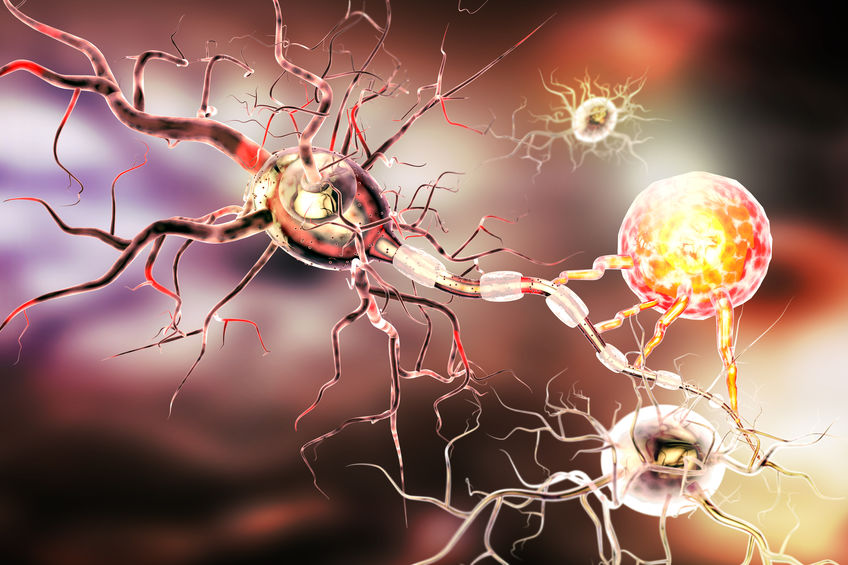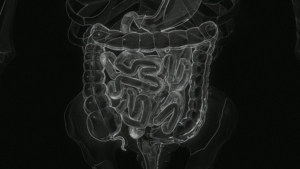
MS linked to epigenetic changes in immune cells
Epigenetic changes in immune cells may provide the trigger of multiple sclerosis. Researchers have now identified MS-specific epigenetic biomarkers that change upon drug treatment.
Previous analyses suggest that the activation of autoreactive T cells marks the onset of MS. Now, two research groups headed by Reinhard Hohlfeld (University of Munich) and Jörn Walther (Saarland University) reported outcomes of their 5-year MS TWIN STUDY designed to find out which changes in immune cells may be the starting point for the chronic autoimmune reaction in the nervous system. Thus, they analysed the epigenomic differences of genetically identical (monozygotous) twins, one of which with multiple sclerosis (MS), the other without. Epigenetic biomarkers that indicate the subtile changes that trigger the debilitating disease would provide a means to predict what drugs might be most successful in slowing or stopping the progressive disesase caused by an overactive immune system.
"Because the identical twins are genetically almost identical, this was a unique starting point to detect DNA methylation differences within the twin pairs," says co-author Dr. Lisa Ann Gerdes. Analyses of 850.000 epigenomic data points per twin pair showed that seven epigenetic changes were clearly linked to MS. Futhermore, the researchers found DNA-metylation markers indicative for an ongoing interferon therapy and previous treatment with corticosteroids providing for the first time a connection between epigenetic patterns, disease and therapy.
Together with Hartmut Wekerle (MPI Neurobiology, Martinsried), Hohlfeld last year found out that MS trigger signals may originate in the gut microbiome. A study in which the gut microbiomes of MS-discordant homozygous twins were transplanted into germ-free mice, clearly proved that spontaneous development of MS is linked to gut bacteria.



 Unsplash+
Unsplash+